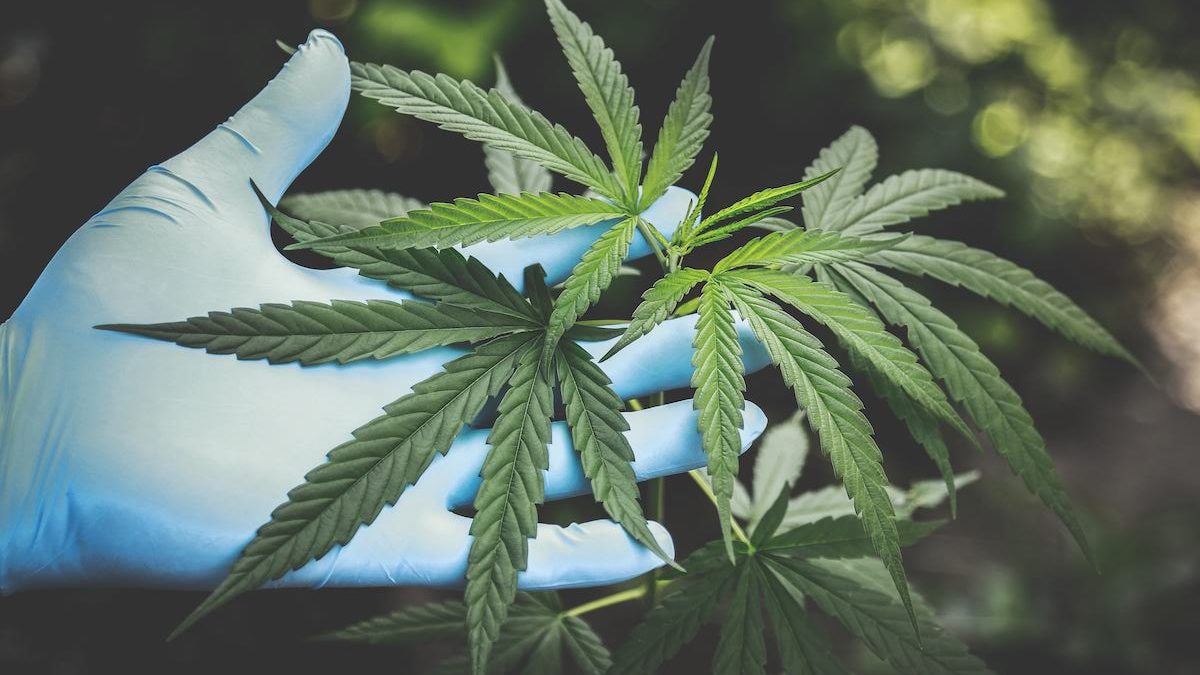Marijuana is a drug that derives from the Cannabis plant, more specifically from the Cannabis sativa or the Cannabis indica. Marijuana is made up of the plants dried flowers, leaves, stems and seeds. The active chemical in marijuana is known as THC (Tetrahydrocannabinol) that produces mind altering affects. The state laws surrounding marijuana have begun to change, making the drug far more accessible and available than ever before, in the US. Although medical marijuana is becoming an increasingly popular form of supplementary medicinal treatment, according to the DEA (United States Drug Enforcement Administration) marijuana still falls under a Schedule I drug classification. Schedule I substances are defined as drugs with a high potential for abuse and minimal to no current use for medical purposes.
How Is It Used
Marijuana is made up of the dried components of a plant. There are several methods of ingestion when it comes to the use of marijuana. The dried leaves, stems, seeds, flowers can be ground up and smoked via hand rolled cigarettes, also known as joints, packed into pipes, and/ or smoked out of water pipes (bongs). Marijuana can also be inhaled or vaped via a vaporizer (using marijuana extract). Some people also bake marijuana into food (edibles) or steep the dried bits of the plants into a tea to drink the marijuana.
Marijuana Use Disorder
THC functions akin to a natural chemical produced in one’s brain known as anandamide. The primary function of this chemical is to send messages between the nerve cells throughout one’s body. Individuals who habitually use marijuana can trick their brain into thinking it adequately produces anandamide, when really it is relying on THC. This can result on one’s brain ceasing to produce anandamine, leaving an individual reliant upon THC, increasing one’s potential for engaging in marijuana abuse. According to the National Institute on Drug Abuse, approximately thirty percent of individuals who use marijuana likely have some level of marijuana use disorder. Furthermore, people that started using marijuana prior to turning age eighteen are four to seven times more likely to develop a marijuana use disorder than those who started after age eighteen.
Signs of Marijuana Abuse
There are several warning signs and symptoms an individual may exhibit if he or she is struggling with marijuana use disorder. Below are some examples of common signs that may indicate marijuana abuse:
- Dry mouth
- Dizziness
- Impaired coordination
- Nervousness
- Weight gain
- Bloodshot eyes
- Excessive overeating
- Lack of motivation
- Paranoia
- Delayed reaction time
- Anxiety
- Memory impairment
- Sleepiness
- Euphoria
- Distorted perception of reality
- Elevated heart rate
- Panic attacks
- Mood swings
Every individual is different and has the propensity to experience different combinations of the above warning signs, along with varying levels of severity.
Treatment for Marijuana Abuse
The first step of treatment from marijuana use disorder is to go through detox. This stage will rid one’s body of the abused substances. Individuals who undergo detox and quit marijuana cold turkey will likely experience the discomforts of withdrawal symptoms. The most common examples of withdrawal symptoms individuals detoxing from marijuana experience can include: insomnia, depression, anxiety, irritability, drug cravings, and changes in eating patterns. Withdrawal symptoms usually develop within the twenty-four to seventy two hours after one’s last use and last between one to two weeks. After the completion of detox an individual is typically recommended to attend some form of substance abuse or addiction treatment program to help him or her refrain from further marijuana use.
For Information and Support
If you are concerned for yourself or a loved one in regards to substance abuse and/ or addiction we recommend reaching out for help as soon as possible. If left untreated, substance abuse can result in long lasting and potentially life-threatening consequences. Keep in mind: you are not alone! There is an entire network of professionals that are available to help and support you and your loved one throughout the recovery process. The earlier you seek support, the sooner your loved one can return to a happy, healthy and fulfilling life.
Please do not hesitate to reach out with any questions regarding our specific program at Haven House Addiction Treatment and/ or general substance abuse and/ or addiction treatment related information. Our highly trained staff is readily available to discuss how we might best be able to help you and your loved one.



